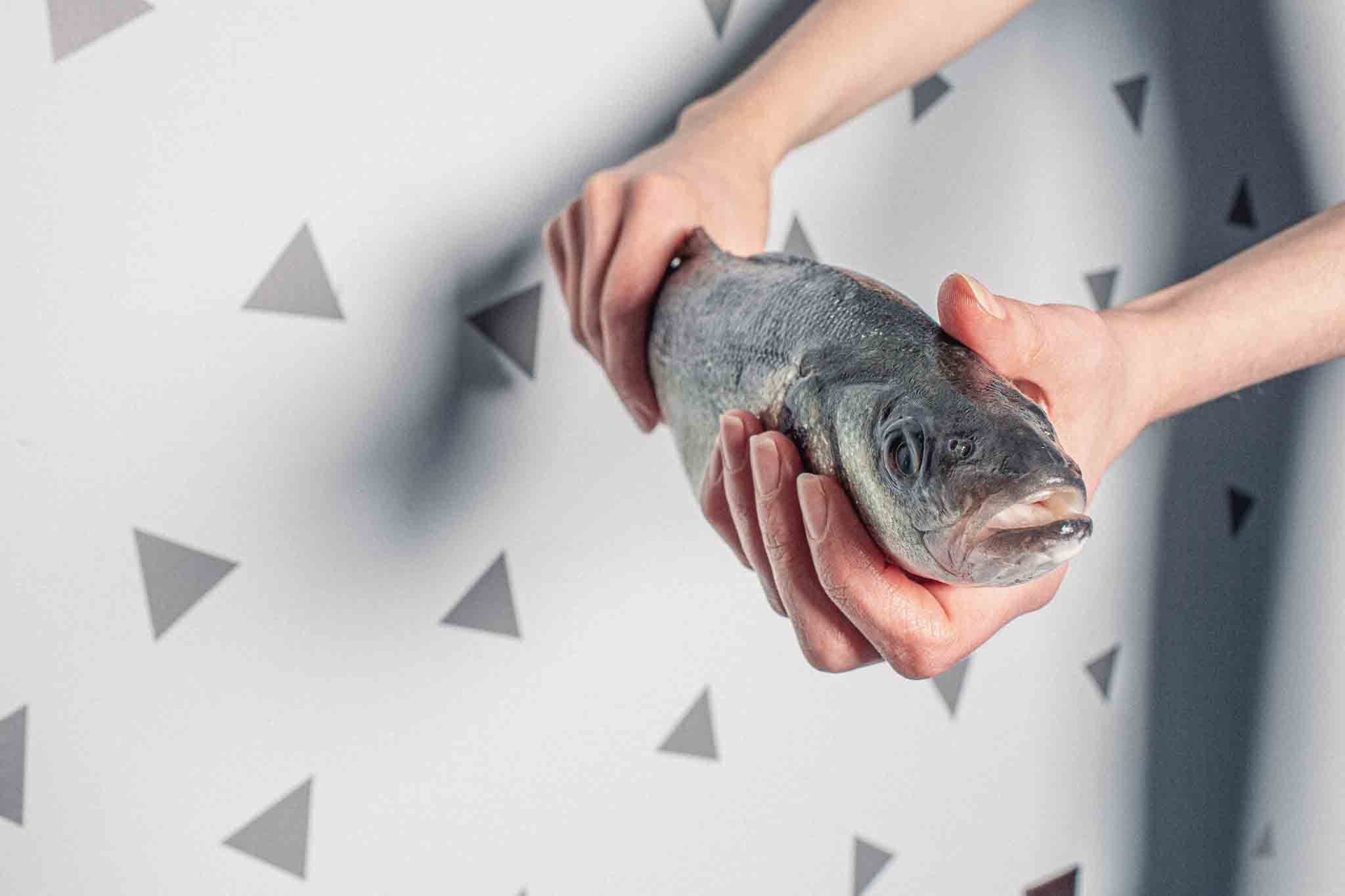We humans hate losing.
Some hate it visibly more than others, but we all share a deep-seated resistance to loss. Loss aversion—our psychological bias to avoid losing at all costs—is hardwired into us. The tricky part? It often isn’t the actual loss that derails us, but the idea of losing. This mere thought can trigger rash, ill-considered decisions before we even stop to evaluate what we actually stand to lose.
But what if, instead of it controlling us, we could harness loss aversion to make smarter decisions? What if we could turn it into a strength? Meet COMO—the emotionally stable sibling of FOMO. By mastering COMO, you can let go of the things that hold you back and focus on the choices that propel you toward what you truly want. But before we enter COMO, let’s explore the virus of loss aversion and why we need a cure.
How Loss Aversion Works Against Us
Imagine this: you’re browsing online when an advertisement for a trendy pair of sneakers pops up. They’re exactly your style, and they’re 50% off. You weren’t planning on buying sneakers—and you already have a similar pair—so you decide to close the tab. But then, a prompt appears: Are you sure you want to miss out on this deal? Five minutes later, the sneakers are in your shopping cart.
Or consider this: you’re building a new house. The initial estimate suits your budget, and you’re happy with the proposed materials. But as construction progresses, a slew of upgrades is offered: better insulation, premium flooring, advanced locks, superior windows… You’re reminded that these upgrades will be harder (and costlier) to install later. Driven by the fear of missing out on these “one-time” opportunities, you stretch your budget far beyond your original plan, even opting for features you don’t really need.
Sound familiar? Businesses exploit our loss aversion all the time. Limited-time offers, exclusive deals, and fear-based marketing are designed to make us act impulsively. Think of Black Friday—a frenzy of grabbing deals on things we often didn’t even know we needed. And the manipulation doesn’t stop at finances.
We stay in unhealthy relationships because we fear being alone.
We cling to jobs we dislike out of a perceived sense of stability.
We fixate on what we might lose, blinding ourselves to the opportunities and options that could lead to greater fulfilment. Ironically, our fear of losing often leads us to lose far more in the long run.
Less FOMO, More COMO
FOMO—the fear of missing out—is perhaps the most famous child of loss aversion. Sometimes, it serves us well. A spontaneous decision sparked by FOMO might lead to an unforgettable adventure or a valuable connection. But more often than not, FOMO pushes us toward impulsive, poorly thought-out actions—a 50/50 gamble at best.
Meet COMO: Conscious Optimisation of Measured Options. COMO isn’t about seizing every fleeting opportunity; it’s about carefully evaluating your choices and aligning them with your long-term goals. Let’s break it down:
- Conscious: Aware of the situation and your reactions.
- Optimisation: Making the most effective use of the opportunities available.
- Measured: Well-thought-through and deliberate.
- Options: The choices or opportunities at hand.
In short, COMO is about being aware of your options, evaluating them thoughtfully, and making decisions that serve your best interests. Let’s see COMO in action.
FOMO vs. COMO: A Comparison
Scenario: You’re working on a project due tomorrow when an influential friend invites you to a party.
- FOMO whispers, “Go! You might meet someone important or miss out on an amazing experience. You can always pull an all-nighter tomorrow.”
- COMO counters, “Will this party truly offer a benefit greater than completing your project on time? Yes? Are you certain? Go then. If not, or in doubt, why not contact your friend, explain the situation and ask to give you an update on how the party went later and maybe introduce you to any attendees that left an impression a different occasion. They might even have more respect for you after having heard about what you have been working on.”
FOMO thrives on immediacy, while COMO prioritises clarity. Both may occasionally lead to the same conclusion (e.g., attending the party because there will be someone you have always wanted to meet and arranging another get-together seems unlikely), but COMO’s path involves deliberate evaluation, not instinctual yet often misguided fear.
Here’s another example: FOMO urges you to buy the coolest new gadget because it’s trending. COMO asks if it’s truly useful, aligns with your goals, or fits into your budget. COMO isn’t about denying pleasure or spontaneity; it’s about making choices with intention and awareness.
Applying COMO to Control Loss Aversion
Whether it’s FOMO or another manifestation of loss aversion, COMO equips you to pause, reflect, and act wisely. Here’s how to apply COMO in your daily life:
- Pause: When faced with a decision, step back and take a moment. Breathe, take a walk, or even sleep on it.
- Assess: Identify the risks and rewards. Create a simple pros-and-cons list or consult someone you trust.
- Optimise: Choose the path that aligns with your goals and values.
That’s it—Pause. Assess. Optimise. PAO! Think of COMO as a tool to train your gut instinct. The more you practise conscious, measured decision-making, the sharper your intuition becomes. Over time, you’ll recognise impulsive triggers more quickly and replace them with intentional actions that serve your best interests.
Conclusion
Loss aversion doesn’t have to control you. By embracing COMO, you can turn the fear of losing into a strength that propels you forward. The next time you feel the pull of FOMO or the panic of a “limited-time offer,” pause and ask yourself: What would COMO do?
Every conscious, optimised choice you make is a step toward a more intentional and fulfilling life.
Smarter choices, better outcomes.
The Classroom of Self
If you are enjoying our content, please consider helping us carry on 🙏✨
You can do so via the hassle-free, safe and fantastic Buy Me a Coffee ☕️
Just hover over the yellow coffee cup floater ↘️





